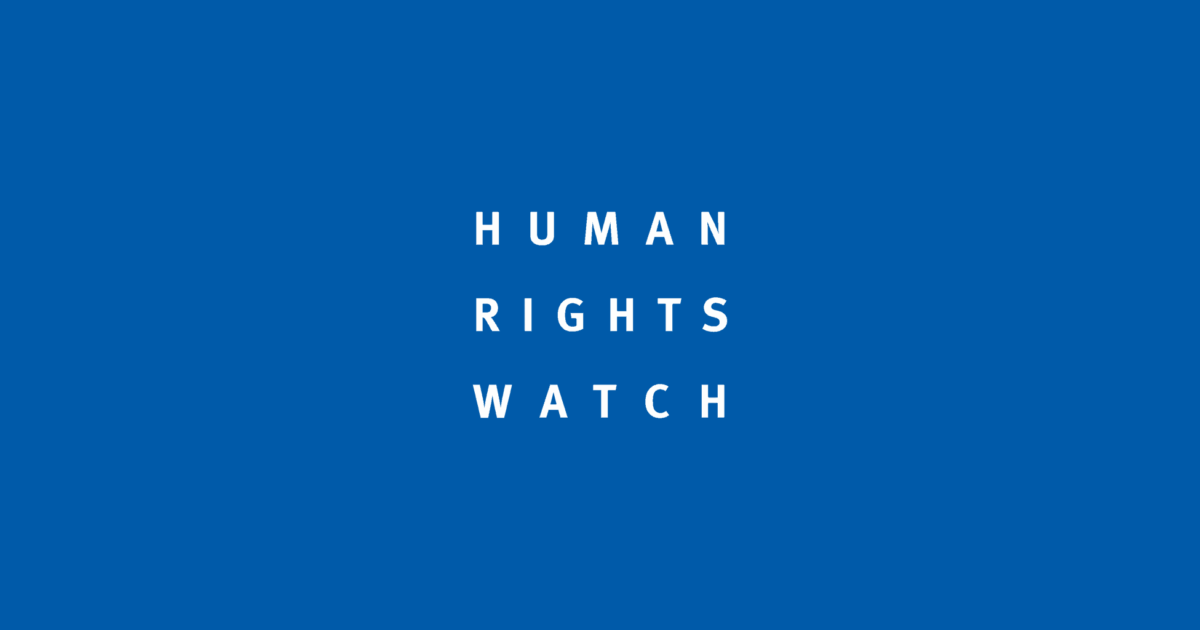Colombia
Colombia
Current and Past Recommendations to the UN Security Council (Monthly Action Points)
In its renewal of the mandate of the UN Verification Mission in Colombia, the Council should expand the mandate to include reporting on the implementation of gender-focused provisions and the Ethnic Chapter of the Peace Accord into the national reintegration policy and ensure the active and meaningful participation of women of diverse backgrounds, including civil society organizations led by members of Indigenous, Afro-descendant, rural and LGBTIQ+ communities, and former female combatants. The Council should urge the Government to prioritize the recommendations of the National Reintegration Council’s Working Group on Gender in its reintegration roadmaps to be issued in October of this year (S/2020/603). Briefings and reports should include information on ways in which the mission and the Government are upholding and funding these provisions, and should consist of data disaggregated by gender, race, ethnicity, sexual orientation and gender identity, and disability, including in reports on violence against former combatants, human rights defenders, social leaders and Indigenous, Afro-descendant, rural and LGBTIQ+ communities, who receive additional threats of GBV, including domestic violence exacerbated by lockdown measures (CARE Intl., HRW, Amnesty Intl., Amnesty Intl.). Additionally, the Council should urge the Government to fund the Comprehensive Programme of Safeguards for Women Leaders and Human Rights Defenders, and call on the Verification Mission to ensure that security guarantees and protection efforts established under the Accord, including collective security protocols and the Timely Action Plan (PAO) are implemented in consultation with women human rights defenders, particularly those from Afro-descendant, Indigenous and rural communities, as well as women and girls who are former combatants or were formerly associated with FARC. The Council should ask the Government to provide a progress update on establishing and maintaining community-based and gender-responsive self-protection and early warning systems to address the presence of new armed actors and violence in territories formerly under FARC control, particularly Afro-descendant, Indigenous and rural communities, and the increased risks of recruitment and use of children by armed groups during the quarantine (HRW). The Council should request that the Verification Mission monitor Government attempts to modify the Peace Agreement, particularly the Special Jurisdiction for Peace (JEP), and should expand the Mission’s mandate to monitor implementation of transitional justice and reconstruction mechanisms. The Council should request the Government to provide an update on how it is ensuring the necessary conditions for women, particularly Afro-descendant, Indigenous and rural women, to be included in transitional justice and reconstruction measures, including the JEP, and to address the barriers they face to actively and safely participate in these processes. The Verification Mission should report on measures taken to ensure that victims are able to fully and safely access and participate in the transitional justice system, particularly the JEP, and that all reconstruction measures are survivor-centered. Finally, the Verification Mission should provide age- and gender-sensitive reintegration and reincorporation support, specifically socioeconomic guarantees; women’s acquisition of land, loans, and technical assistance; access to formal and non-formal education and health services that encompass sexual and reproductive health care, and services that are inclusive of pregnant and lactating women and girls living in Territorial Training and Reincorporation Spaces (ETCR). In that regard, the Government should guarantee full access to sexual and reproductive healthcare services and preventive care for female former combatants, without discrimination.
Relevant Resources




